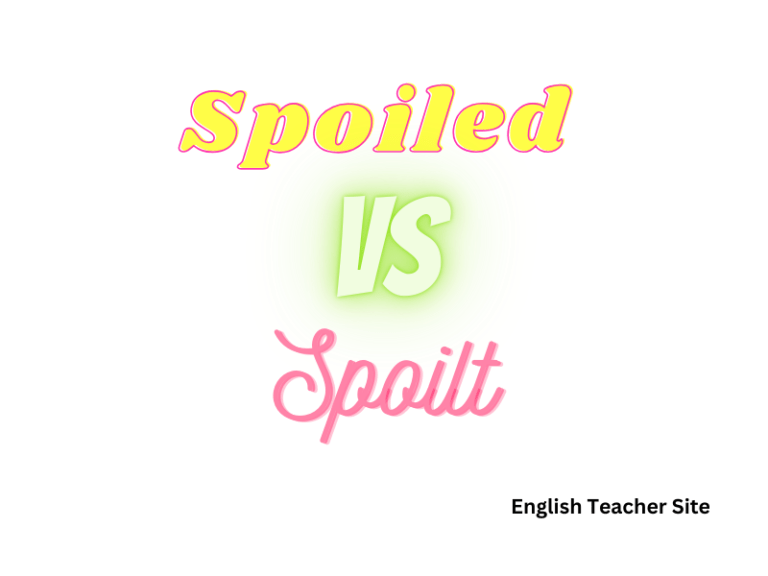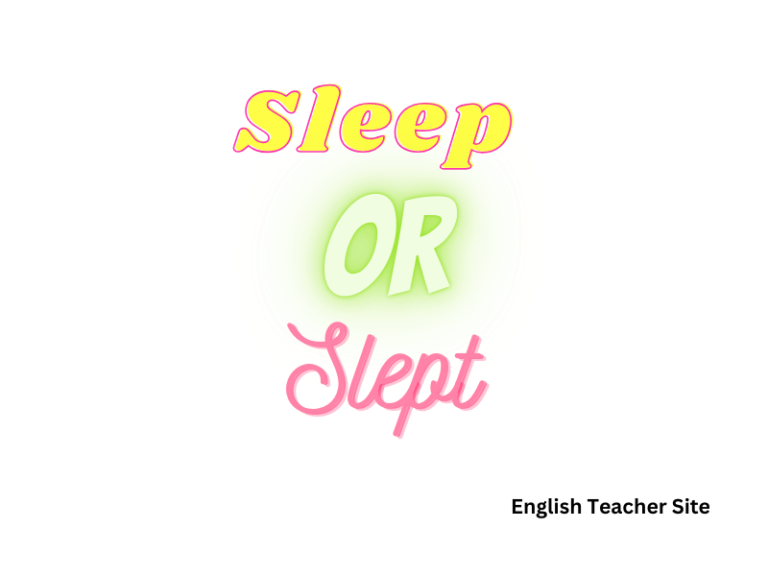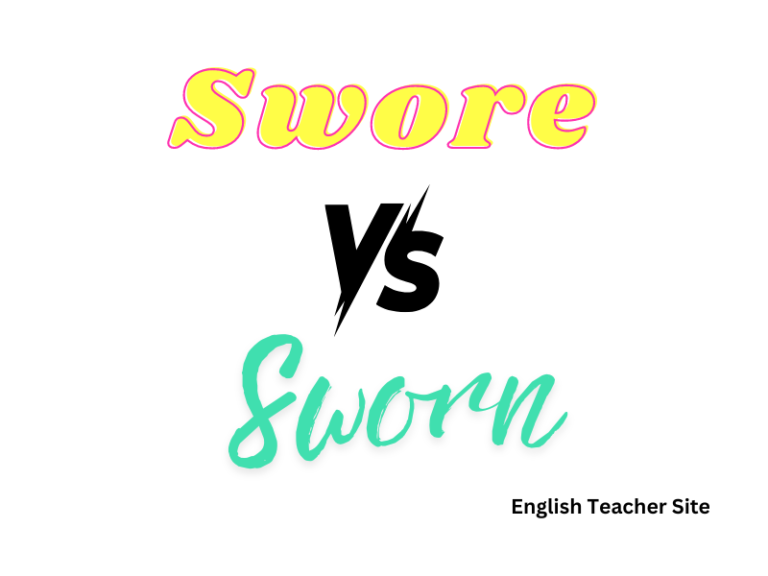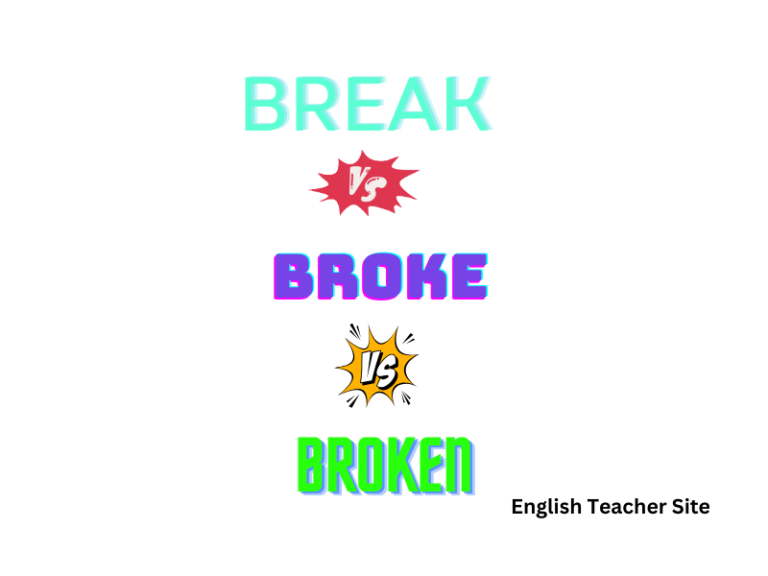Woke or Woken? 5 Easy Rules to Get It Right Every Time
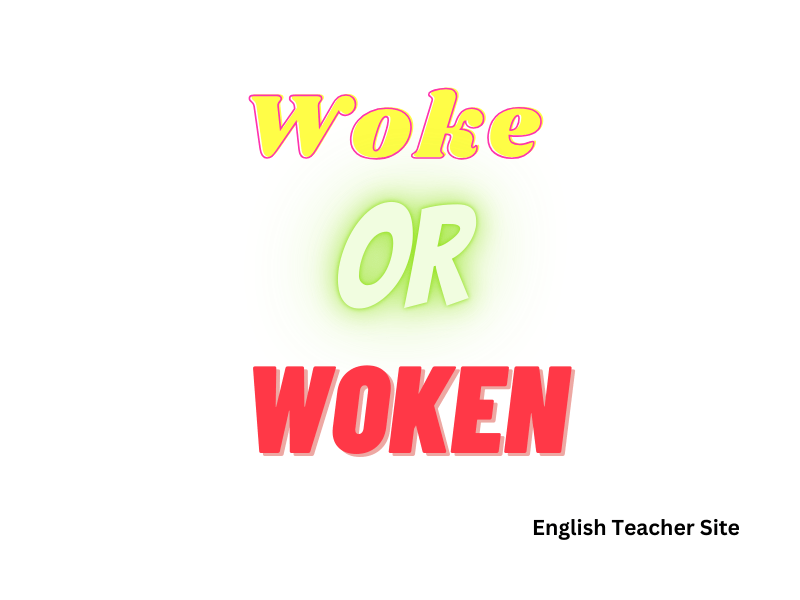
Do you get stuck choosing between woke and woken? Many English learners—and even native speakers—struggle with these two forms.
Here’s the good news: once you understand the difference, you’ll never be confused again. Whether you’re writing an email, chatting with friends, or preparing for an English test, using the right word matters. It makes your communication clearer and more professional.
This guide will teach you:
- 5 easy rules to remember
- Real-life examples for practice
- Common mistakes and how to fix them
- Synonyms to expand your vocabulary
- Practice exercises with answers
Understanding the Basics of Woke and Woken: Past Tense vs. Past Participle
First, let’s clear up the basics:
- Woke = Simple past tense of “wake”. No helping verb is needed.
- Woken = Past participle of “wake”. It must have a helping verb (have/has/had).
✅ Examples
- Yesterday, I woke up early.
- She has woken up late all week.
✅ Bullet-point Summary
- Woke = past tense
- Woken = past participle (needs have/has/had)
Rule 1: Use “Woke” for Simple Past Actions Without Helping Verbs
Use woke when you are talking about the past and there is no helper verb.
This rule applies to sentences in the simple past tense.
✅ Examples
- He woke at 7 a.m.
- They woke to the sound of birds.
✅ Common Learner Mistake
- ❌ He has woke early.
✅ He has woken early.
✅ Bullet-point Summary
- No helper verbs = use woke
- Describes completed actions in the past
Rule 2: Use “Woken” with Have, Has, or Had in Perfect Tenses
Woken always follows have, has, or had. This shows perfect tense and signals completion related to another time.
✅ Examples
- She has woken up early today.
- They had woken before the alarm rang.
✅ Common Learner Mistake
- ❌ I have woke up late.
✅ I have woken up late.
✅ Bullet-point Summary
- Woken needs have/has/had
- Used in perfect tenses

Rule 3: Never Use “Woken” Without an Auxiliary Verb
This is one of the most common mistakes! Woken must have an auxiliary verb. Without it, the sentence is incorrect.
✅ Examples
- Correct: He had woken by 6 a.m.
- Incorrect: He woken at 6 a.m.
✅ Bullet-point Summary
- Woken = must have helper verb
- Woke = stands on its own
Rule 4: Use “Woke” When Referring to the Adjective
In modern slang, woke is an adjective. It means being socially aware or alert to injustice. Woken is never used this way.
✅ Examples
- She is very woke on social issues.
- Many young people today consider themselves woke.
✅ Bullet-point Summary
- Woke = slang adjective (socially aware)
- Only woke works, never woken
Rule 5: Remember the Passive Voice and Participles with “Woken”
Use woken in passive voice constructions. It is often paired with was or were.
✅ Examples
- He was woken by loud noises.
- They were woken from their sleep.
Common Mistakes Learners Make with “Woke” and “Woken” (And How to Fix Them!)
Here are some common errors—and how to fix them fast!
| Mistake | Correction |
|---|---|
| ❌ I have woke up late again! | ✅ I have woken up late again! |
| ❌ He woken up at dawn. | ✅ He woke up at dawn. |
| ❌ She has woke early every day this week. | ✅ She has woken early every day this week. |
Practice Exercises: Test Your Knowledge of “Woke” and “Woken”
Fill in the blanks with the correct form of woke or woken.
- I ___ up late today.
- She has ___ up early for work.
- They ___ by the sound of thunder last night.
- He was ___ by his noisy alarm.
Answer Key
- woke
- woken
- woke
- woken
Synonyms and Related Vocabulary for “Woke” and “Woken”
Improve your English by using these alternatives.
| Word | Example | Use |
|---|---|---|
| Awakened | He had awakened before sunrise. | Formal/poetic alternative |
| Roused | She was roused from sleep by the noise. | Formal, often passive |
| Stirred | He stirred at the sound of the bell. | Less direct; subtle movement |
FAQs About “Woke” and “Woken” (Clear Answers to Common Questions)
Q1: Can I use “woken” without “have/has/had”?
No. “Woken” always needs an auxiliary verb like have, has, or had.
Q2: What’s the difference between “woke” and “awoke”?
“Awoke” is more formal or literary. “Woke” is more common in everyday speech.
Q3: Is “woke” always about sleep?
No. “Woke” can also refer to being socially aware (slang usage).
Conclusion: Master “Woke” and “Woken” With Confidence
Now you know how to use woke and woken correctly!
- Review the 5 easy rules regularly.
- Practice using the exercises above.
- Try synonyms to make your writing more interesting.
With practice, you’ll never be confused about woke or woken again!
Sourcres
- Harper, Douglas. “Etymology of wake.” Online Etymology Dictionary.
- Definition of wake Collins English Dictionary.
My name is Khamis Maiouf. I am the creator of the English Teacher Site, dedicated to providing valuable resources and insights for students around the world. With a passion for education and a commitment to helping students enhance their skills, I aim to make English teaching more effective and enjoyable for both educators and students.


